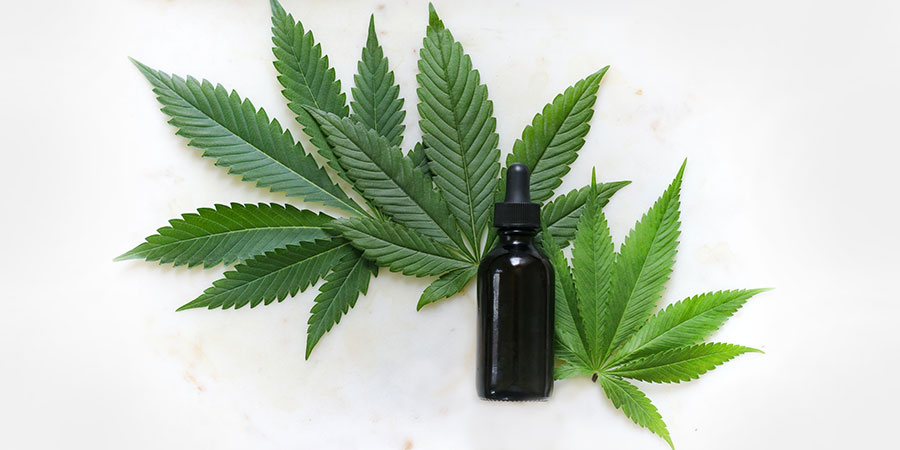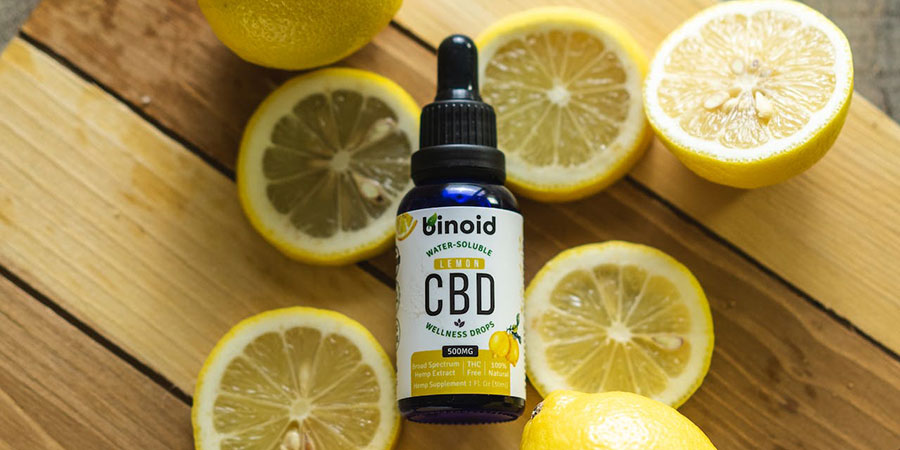
Difference Between Hemp CBD and Cannabis CBD
As the popularity of CBD (Cannabidiol) grows, so does the need to understand where this extract comes from. Most people do not know that Hemp and Cannabis are different. Hemp and Cannabis both produce CBD but at different levels.
For those seeking alternative options, exploring products like Delta-8 THC gummies provides an additional dimension to the evolving landscape of cannabinoids and their diverse applications.
What Is CBD?
CBD is one of the compounds in Hemp and Cannabis. It is not psychoactive and does not produce euphoria. It is used as a drug for seizures and anxiety. Beyond its medicinal applications, CBD has gained popularity in wellness circles for its potential to alleviate various conditions, from chronic pain to insomnia, making it a versatile and intriguing natural remedy. As research on CBD continues, there is growing interest in its anti-inflammatory properties and potential benefits for skin health, leading to the inclusion of CBD in skincare products and beauty routines.
What Is THC?
THC is also known as delta-9-tetrahydrocannabinol. This is the compound that causes euphoria. Its presence in CBD products is the basis of its legality. While THC is celebrated for its psychoactive effects, it’s important to note that its consumption should be approached responsibly, as excessive use may lead to unwanted side effects, and its legal status varies across different jurisdictions. Additionally, ongoing scientific research is exploring the potential therapeutic applications of THC, shedding light on its role in managing certain medical conditions and fostering a more comprehensive understanding of its impact on human health.
What Is Hemp?
Hemp is a type of C. sativa. It has been used for years by different cultures. It was used to make rope, clothes, food, etc. It is hemp that the US the 2018 Farm Bill considers more “legal.” People can grow it where they want in 47 US states. Hemp has THC but is very low. Because of this, Hemp is seen as the better option for CBD extraction. Thus, it is the preferable plant for manufacturers. The versatile nature of hemp extends beyond CBD, as it also serves as a sustainable resource for various industries, contributing to eco-friendly practices and innovative solutions. With its fast growth cycle and minimal environmental impact, hemp holds promise as a key player in the development of sustainable materials, from biodegradable plastics to eco-friendly construction materials.
What Is Cannabis?
Cannabis has C. sativa, C. ruderalis, and C. indica. It could also be a combination of these. Generally, Cannabis has higher THC than Hemp, with CBD levels as low as 0.15%. The diverse genetic makeup of Cannabis plants contributes to a wide range of strains, each with its unique combination of cannabinoids and terpenes, influencing the plant’s effects on the body and mind. As the legal landscape evolves, enthusiasts explore and appreciate the nuanced characteristics of different Cannabis varieties for both recreational and medicinal purposes.
Hemp vs. CBD
Hemp and Cannabidiol are different types of the C. sativa plant. The important difference is the CBD and THC levels in both. Hemp has high levels of CBD oil with low THC, and Cannabis is the opposite. This crucial distinction makes hemp-derived CBD products a popular choice for those seeking the potential health benefits of cannabidiol without the psychoactive effects associated with higher THC levels, providing a non-intoxicating alternative for wellness and therapeutic purposes. As awareness grows, consumers are increasingly turning to hemp-derived CBD for its versatility, from oils and tinctures to edibles and topical applications.

Hemp CBD vs. Cannabis CBD
The amount of CBD and THC is the main distinction between Hemp and Cannabis. Cannabis has more THC, Hemp more CBD, and vice versa. Nevertheless, there is no difference in effect between Hemp CBD and Cannabis CBD. They both have the same impact and side effects. The only thing is that more CBD is available for extraction in Hemp. So it may seem purer, but, in actuality, it is the same.
The legal status of both is where the bone of contention. The 2018 Farm Bill recognizes CBD obtained from Hemp and not the ones obtained from Cannabis. CBD products obtained from plants with higher THC are not considered legal. Also, CBD products with more than 0.3% THC are considered illegal in the US. And it does not matter where it was obtained.
CBD can manage anxiety and depression and is a mood stabilizer. Also, it has pain-relieving and anti-inflammatory properties. Thus, it is seen as a “stress helper.” CBD is the same no matter where it is sourced from. Hemp and Cannabis are varieties of C. sativa. Hemp has higher CBD, and Cannabis has lower CBD. Hemp plants are more legal than Cannabis plants.
It is imperative to consult with your healthcare professionals before incorporating any CBD product into your routine. Although CBD is generally well-tolerated with minimal side effects, obtaining professional medical advice is crucial to mitigate the risk of potential drug interactions and contraindications that may be unfamiliar to you. Prioritizing open communication with your doctors ensures a safe and informed approach to integrating CBD into your wellness regimen.
Conclusion
Understanding the difference between Hemp CBD and Cannabis CBD is essential for consumers seeking the therapeutic benefits of cannabidiol. While both sources offer the same effects and side effects, the variance in THC levels and legal considerations underscores the importance of informed choices. Whether derived from Hemp or Cannabis, CBD remains a versatile remedy with potential applications for anxiety, pain relief, and more. As the industry evolves, staying informed about legal regulations and product origins will empower users to make responsible and effective decisions in their CBD journey.
